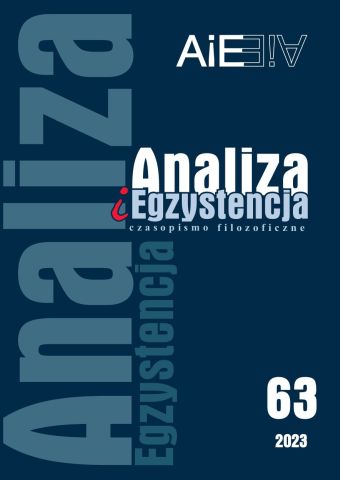Inconsistencies in Himma’s Intellectual Property Theory
Inconsistencies in Himma’s Intellectual Property Theory
Author(s): Wojciech GamrotSubject(s): Philosophy, Philosophical Traditions, Ethics / Practical Philosophy
Published by: Wydawnictwo Naukowe Uniwersytetu Szczecińskiego
Keywords: immaterial goods; intellectual property; state of nature; natural rights; original appropriation; Locke
Summary/Abstract: The intellectual property theory of Kenneth E. Himma aims to vindicate natural rights to abstract objects, believed to form the “intellectual content of creations.” Himma proposes a reformulation of John Locke’s property rights theory in terms of value. He maintains that even if abstract objects preexist their alleged creation, then they are not ready for consumption until access to them is provided by laboring innovators and artists. He declares that making them available is an act of value creation that justifies granting intellectual property rights. In this paper, tacit presuppositions on which Himma’s theory relies are examined and challenged. Against his claims, it is argued that no human labor can improve the availability of abstract objects. It is then demonstrated that “intellectual commons” cannot be “stocked” by human activities and that the alleged value creation cannot happen, because the concept of value is inapplicable to abstract objects. This derails the theory. Finally the meaning of rights envisaged by Himma is investigated. It is shown that they cannot be exercised with respect to causally inert entities.
Journal: Analiza i Egzystencja: czasopismo filozoficzne
- Issue Year: 2023
- Issue No: 63
- Page Range: 109-132
- Page Count: 24
- Language: English

